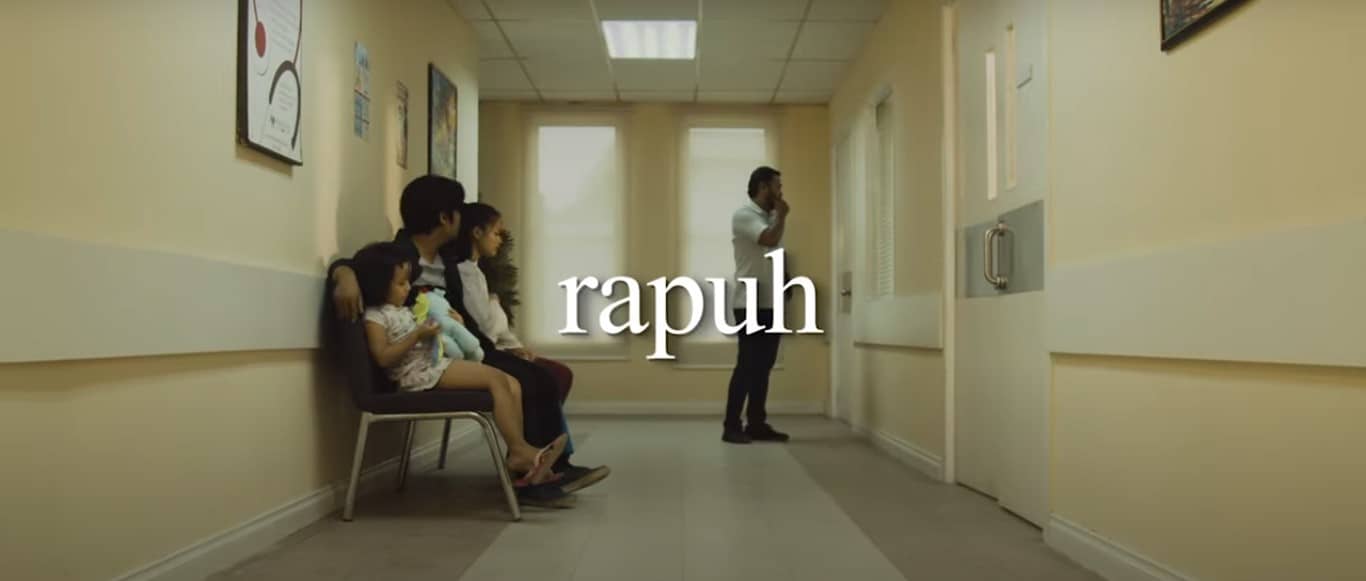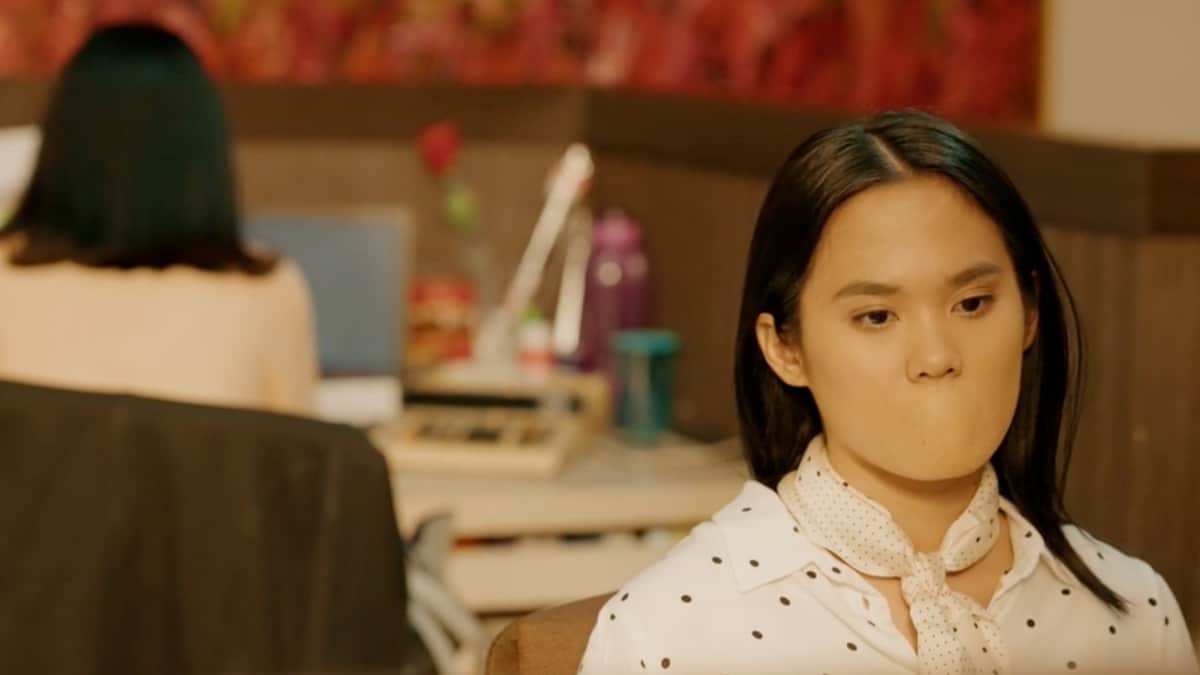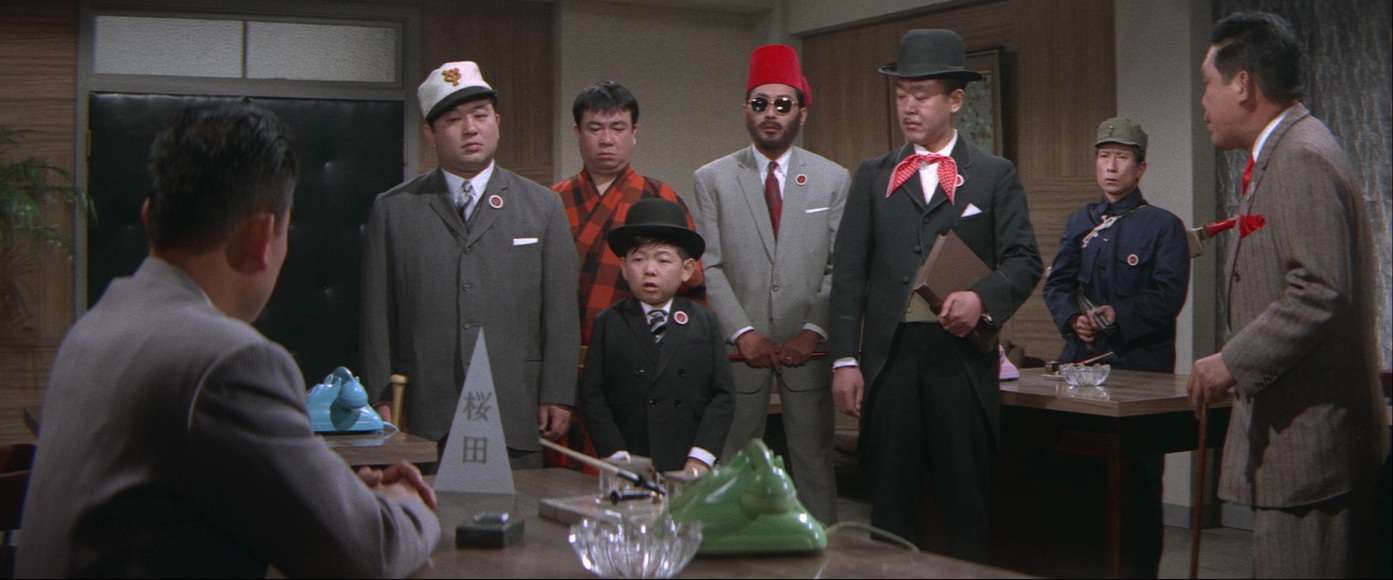The first feature film by Chinese filmmaker Erzhuo Wang is an ambitious work. It challenges the classic narrative formats. Not by using particularly complex techniques, but actually by choosing a very sober and reduced form. “Farewell, my hometown” will be screened at the Black Movie film festival in Geneva.
Farewell, my Hometown is screening at Black Movie

From end to start, the viewer is led through the film by a female voice. Soon we realize that it doesn't belong to any of the characters we see on the screen. The voice has the function of an alter-ego. It doesn't only represent the characters we get to know during the film, but also in a broader way, it speaks for several generations of Chinese women. Director Wang tells the story of three of them. Each one grew up in a different time period. Their destiny is not a particularly dramatic or spectacular one, but together they are representative for the history of their country as well as for the challenges of being a woman in it.
The first woman we get to know lived a life of austerity and privation in a rural landscape. At a time, presumably in the 1950s, in which tradition were very strict and women had no chance to stand up for their own needs, she is married off at the age of fifteen. Her husband is of weak health, what put her in the obligation to provide for the family, to which belong also her parents-in-law. Directly and indirectly through her testimonial, she describes a life of hardship, in which the upbringing of several children was an important part.
While the generation of the mother has lived in poverty, the generation of the children knows a certain social improvement. The second woman's life narration is a testimonial to that. We learn who she went to Beijing as a young woman, to attend a school of classical dance. The year is 2008. The images of a lavish, but merciless natural landscape are replaced by another wild life, that of the city in which gray is the dominant color. The young woman speaks of her development as a dancer, her homesickness and the challenges to live on her own.
For the last of the women we get to know, the film makes another jump in time. First backwards, in to the 1980s at a time the woman was a college student and met her future husband, then forwards to 2015. This is the setting for another love story. A more wild one, a less socially accepted one.
Relationships are in the focus of all these depicted biographies. They clearly show how the role models have evolved through the generations, and how strict they still are. They show also what responsibilities lie on the women shoulders, without that the society really acknowledges it properly.
To match with the title of the film, “Farewell, my hometown”, director Wang's script also repeatedly leads to the topic of cherishing the land and place we come from. His characters often leave their hometown to follow dreams or duties. But, as it is said at the very beginning of the film, “Women are like rapeseed. They grow wherever they are sown.”, they adapt themselves to whatever is asked of them.
The thematic level of the film is already an interesting one, but a particular attention goes to its form. The stories of the women are told mainly by the voice-over. The text does not illustrate the images, it's definitely the other way round. What we hear, is not what we see. The visuals are a collection of impressionistic associated images. They loosely are linked to what is said. Above all, they create a mood. They are not particularly symbolic, rather common, actually. Still, they are not arbitrary, of course. By changing the texture of the pictures, director Wang manages to simulate several time periods. He uses for example pictures that resemble to Super 8 pictures that have the flair of the 1980s.
Choosing this method made it considerably easier and cheaper to produce the film. At times, it resembles to an illustrated lecture. The actors are not in the foreground, didn't have to learn text. The only spoke text is read by the voice-over. On the one hand this special form feels a little bit simple, on the other it really has a poetic charisma. The strengths of “Farewell, my hometown” are, surely, that the text is never too sentimental and that the overall pace of the film is quite dense. Wang no doubt proves to have a sense for framing, rhythm and a big sensitivity for details.
















